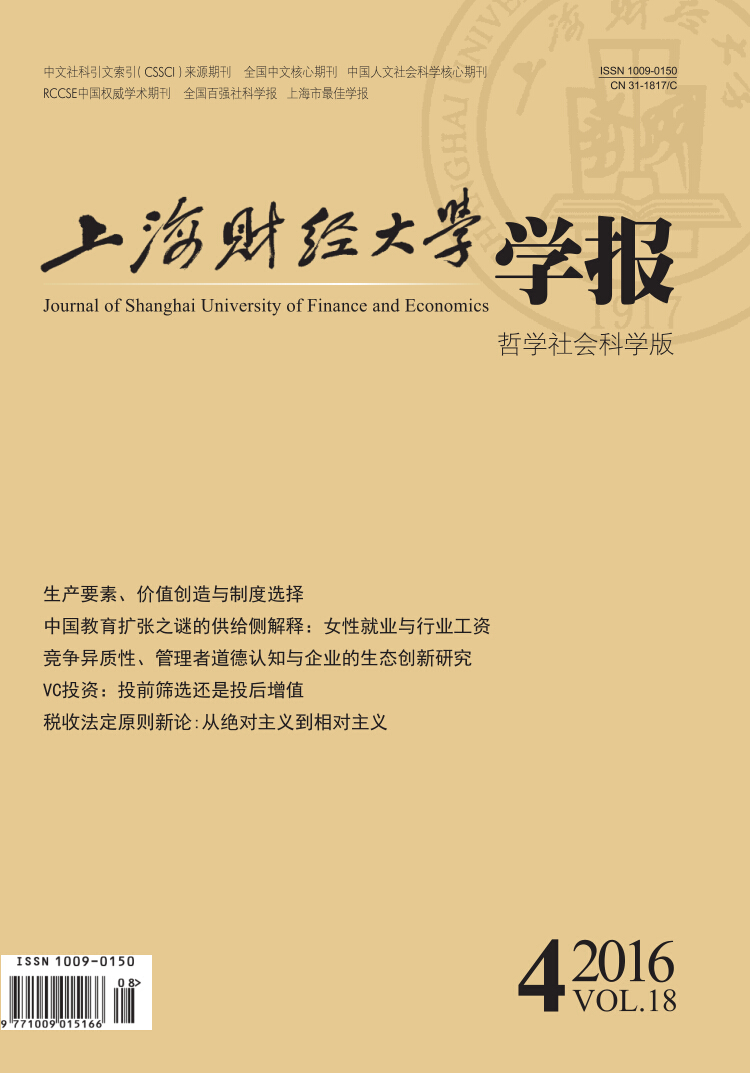The theoretical tradition that concerns innovation and economy changes, which was originated from the classical economists and was carried forward by Schumpeter, is increasingly manifesting its strong vitality. The focus of innovation research also shifts from innovation itself to innovation agents and its economic, institutional and cultural environments, namely innovation system. Specifically speaking at meso-level of cities, creative city is not only concerned with the development of cultural creative industries and the solicitation of creative class, but also embodies the possibility of upgrading human well-being via the citizen-city-citizen accumulation cycle by cities as organisms that breed innovation. From the perspective of economic philosophy, the possibility lies in two paths at least: the first path is the further liberation of productivity, through going beyond instrumental reason step by step by creative thinking at culture level; the second path is the recurrence of human being through gradually replacing alienated labor by creative labor at institutional level.
 / Journals / Journal of Shanghai University of Finance and Economics
/ Journals / Journal of Shanghai University of Finance and EconomicsJournal of Shanghai University of Finance and Economics
LiuYuanchun, Editor-in-Chief
ZhengChunrong, Vice Executive Editor-in-Chief
GuoChanglin YanJinqiang WangWenbin WuWenfang, Vice Editor-in-Chief
Creative Cities and Human Well-being: A Perspective of Economic Philosophy
Journal of Shanghai University of Finance and Economics Vol. 18, Issue 04, pp. 17 - 26 (2016) DOI:10.16538/j.cnki.jsufe.2016.04.002
Abstract
References
Abstract
Cite this article
Li Chengbin, Luo Shougui. Creative Cities and Human Well-being: A Perspective of Economic Philosophy[J]. Journal of Shanghai University of Finance and Economics, 2016, 18(4): 17–26.
Export Citations as:
For
ISSUE COVER
RELATED ARTICLES




 5844
5844  6256
6256

